The Burgas Museum of Ethnography
The Ethnographic Museum in the city of Burgas is located in the house known as the Brakalov House, which was built in 1873 for the respected community leader Dimitar Todorov Brakalov.
The museum is located next to the Saints Cyril and Methodius Cathedral. On the museum’s first floor, visitors may observe the interior design of a 19th-century Bulgarian house and women’s fashions of the period. The museum foyer is used for temporary exhibits.
Of particular interest to visitors is the second floor, which has on display an impressive collection of Bulgarian traditional costumes from every ethnographic group that has settled in Burgas – the Ruptsi (from the Vidin and Pleven regions); the Tronki (from Strandzha); the Zagortsi (from the Burgas, Dobrich, and Sliven regions); the Planintsi (from the Gabrovo region); the Aliani (Bulgarian inhabitants of Turkish origin); and Bulgarians who settled in what is now Greece and Turkey. There are unique festival costumes and accessories from the 19th century that were worn for ritual purposes and traditional celebrations observed only in Bulgaria, such as Nestinarka, Enyova Bulya, Lazarka, and Karakachanska Bulka. There are also authentic wedding clothes from the village of Zidarovo.
It is a tradition at the Ethnographic Museum to hold a summer school every year from July 1 to August 31, to teach traditional handicrafts and contemporary applied arts. From Monday to Friday from 10.00 am to 1.00 pm, artists and experts at various crafts instruct children and adults alike how to draw on glass, silk, and ceramics and how to create decorative arrangements. Those who are interested may also try their hand at throwing pots on a potter’s wheel or crocheting. Artists give demonstrations of how to weave a Bulgarian rug on a loom under the museum’s trellises in the courtyard.
The museum staff also arranges meetings between groups of visitors and women from various regions of Bulgaria, so that the visitors can witness traditional Bulgarian working “bees” – women practicing traditional folk songs or demonstrating how they make yarn, knit, and embroider.
The museum sells informative materials and souvenirs.
Opening hours1 June – 30 September: 10:00 – 19:00, every day
1 October – 31 May: 09:00 – 17:00, Tuesday to Saturday
Museum guides and staff offer visitor services in Bulgarian, English, German, and Russian.
Tourist information center Burgas – “South Bus Station”
Working hours: Monday-Sunday, 10:00-18:00
Address: Queen Joanna Square
Phone : +359 56 59 89 43
Tourist information center Burgas – “The Clock”
Working hours: Monday-Sunday, 10:00-18:00
Address: 37 “Aleksandrovska” str. /at the corner of “Alexandrovroska” Str. and “Aleko Bogoridi” Blvd./
Tel.: +359 56 825 772
E-mail: info@gotoburgas.com
Website: http://gotoburgas.com/bg
Telephone for information: +359 888 506 816
The Ethnographic Museum
Burgas, 69 “Slavyanska” street
Website: burgasmuseums.bg/
E-mail: main@burgasmuseums.bg
Phone: +359 56 84 25 87
The Ethnographic Museum in the city of Burgas is located in the house known as the Brakalov House, which was built in 1873 for the respected community leader Dimitar Todorov Brakalov.
The museum is located next to the Saints Cyril and Methodius Cathedral. On the museum’s first floor, visitors may observe the interior design of a 19th-century Bulgarian house and women’s fashions of the period. The museum foyer is used for temporary exhibits.
Of particular interest to visitors is the second floor, which has on display an impressive collection of Bulgarian traditional costumes from every ethnographic group that has settled in Burgas – the Ruptsi (from the Vidin and Pleven regions); the Tronki (from Strandzha); the Zagortsi (from the Burgas, Dobrich, and Sliven regions); the Planintsi (from the Gabrovo region); the Aliani (Bulgarian inhabitants of Turkish origin); and Bulgarians who settled in what is now Greece and Turkey. There are unique festival costumes and accessories from the 19th century that were worn for ritual purposes and traditional celebrations observed only in Bulgaria, such as Nestinarka, Enyova Bulya, Lazarka, and Karakachanska Bulka. There are also authentic wedding clothes from the village of Zidarovo.
It is a tradition at the Ethnographic Museum to hold a summer school every year from July 1 to August 31, to teach traditional handicrafts and contemporary applied arts. From Monday to Friday from 10.00 am to 1.00 pm, artists and experts at various crafts instruct children and adults alike how to draw on glass, silk, and ceramics and how to create decorative arrangements. Those who are interested may also try their hand at throwing pots on a potter’s wheel or crocheting. Artists give demonstrations of how to weave a Bulgarian rug on a loom under the museum’s trellises in the courtyard.
The museum staff also arranges meetings between groups of visitors and women from various regions of Bulgaria, so that the visitors can witness traditional Bulgarian working “bees” – women practicing traditional folk songs or demonstrating how they make yarn, knit, and embroider.
The museum sells informative materials and souvenirs.
Opening hours1 June – 30 September: 10:00 – 19:00, every day
1 October – 31 May: 09:00 – 17:00, Tuesday to Saturday
Museum guides and staff offer visitor services in Bulgarian, English, German, and Russian.
Tourist information center Burgas – “South Bus Station”
Working hours: Monday-Sunday, 10:00-18:00
Address: Queen Joanna Square
Phone : +359 56 59 89 43
Tourist information center Burgas – “The Clock”
Working hours: Monday-Sunday, 10:00-18:00
Address: 37 “Aleksandrovska” str. /at the corner of “Alexandrovroska” Str. and “Aleko Bogoridi” Blvd./
Tel.: +359 56 825 772
E-mail: info@gotoburgas.com
Website: http://gotoburgas.com/bg
Telephone for information: +359 888 506 816
The Ethnographic Museum
Burgas, 69 “Slavyanska” street
Website: burgasmuseums.bg/
E-mail: main@burgasmuseums.bg
Phone: +359 56 84 25 87
Virtual map
Photos
© All images, advertising and video materials and/or other information published on this website are property of the Ministry of Tourism and are protected by the Law on Copyright and Related Rights, according to the Bulgarian laws to all applicable international and relevant acts of the European Union.





